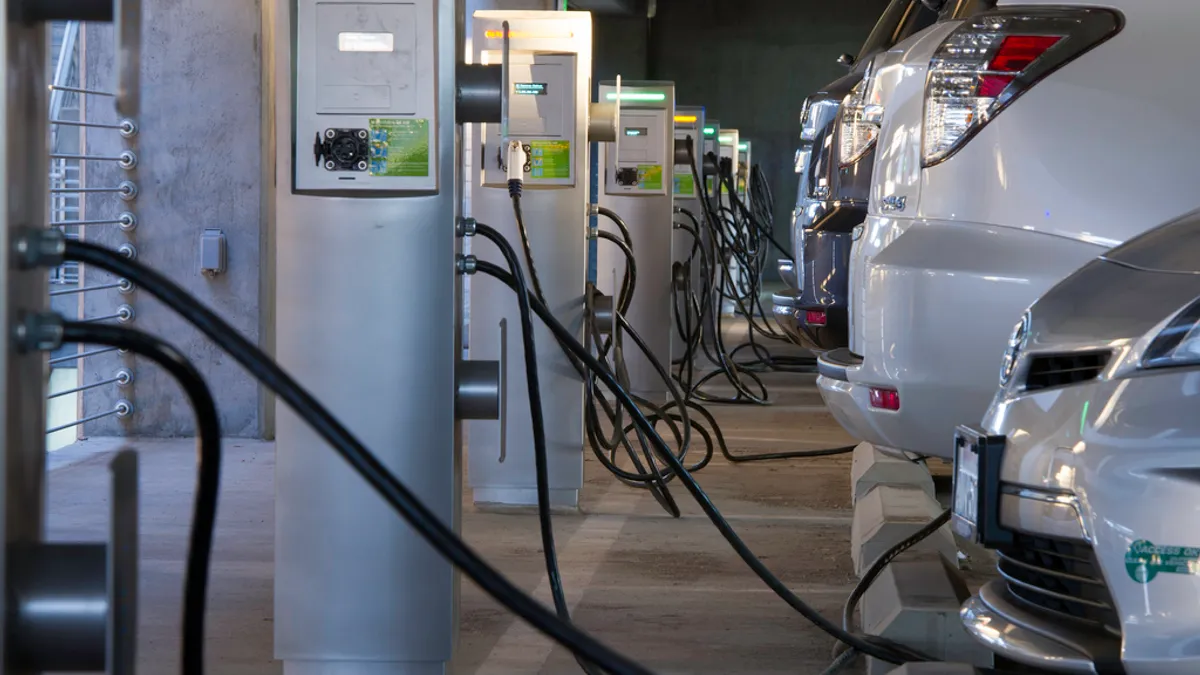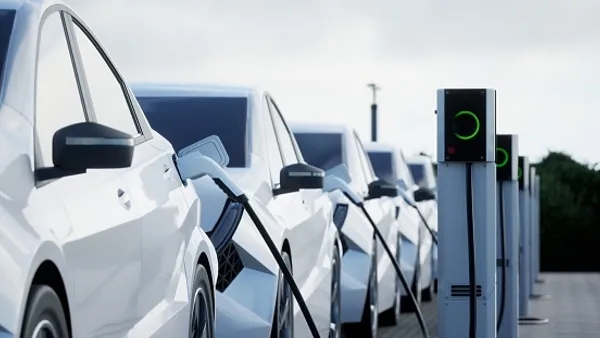The benefit to Georgia
The Peach State currently has more than 26,000 battery electric vehicles and over 55,000 hybrid electric vehicles on the road, combining to make up 3% of the state's vehicles. Greenlink examined the impacts of two proposals: reducing the electric vehicle annual license fees, and introducing a $2,500 tax credit.
The $200 annual fee is now levied on all new EV purchases, along with annual tag fees of $55. The proposal being considered in Greenlink's report modifies the EV annual license and tag fees to a flat fee of $50 for personal use vehicles and $100 for business use vehicles.
If both policies were implemented, it would result in about 950 additional full-time jobs in the state, along with $100 million in additional GDP through 2026.
Most of that benefit comes from the tax credit, as opposed to the fee reductions, the report notes. And it estimates that $2.25 to $7.59 private dollars "are spurred into action for each foregone public dollar for proposals containing the tax credit."
SACE's Blair said the economic benefits accrue from a combination of sources, including electricity sales, technology development and charging infrastructure. There is no manufacturing component to the calculation, she said, because Georgia does not manufacture electric vehicles.
A burgeoning market
Regardless of what happens next year with the tax credit, Stainken said she is confident the market for EVs will grow in the long-term. But the state can take steps to benefit immediately.
"Battery prices are coming down pretty significantly, and the future of transportation is widely seen to be electric," said Stainken. "Whether it's five, seven, or 10 years, we will eventually reach price parity with gas vehicles .... at which point you might not need as strong a purchase support."
EV sales are projected to represent 7% of all vehicle sales by 2025, according to EEI's report — with the vehicles making up 3% of all cars and light duty trucks in the United States. All of this creates a changing marketplace in Georgia.
"Because the legislative session is so short, we're working to build a lot of support for this," Stainken said. "We do a lot of follow-up and a lot of education with rural legislators. Some of the arguments that were in place two years ago, they don't really exist anymore."
Prices are coming down, and with EVs coming off leases there is a growing market for used electric vehicles. At under $10,000, they will be more widely available. But right now, Stainken said Georgia is viewed as unfriendly to EVs.
Electrify America, the group which will administer the Volkswagen emissions scandal settlement funding, "didn’t include Georgia as one of the recipients in their first round of settlement funding," she said.
Electrify America will invest $2 billion total, including $800 million in California, across four 30-month periods to increase EV infrastructure and knowledge. But at least in the early stages, Georgia will not receive aid from the settlement fund. The group selected several metropolitan areas for the first round of funding, including: New York City, Washington D.C., Chicago, Portland (Ore.), Boston, Seattle, Philadelphia, Denver, Houston, Miami, and Raleigh.
"This absolutely needs to change," Stainken said in a call to action.














